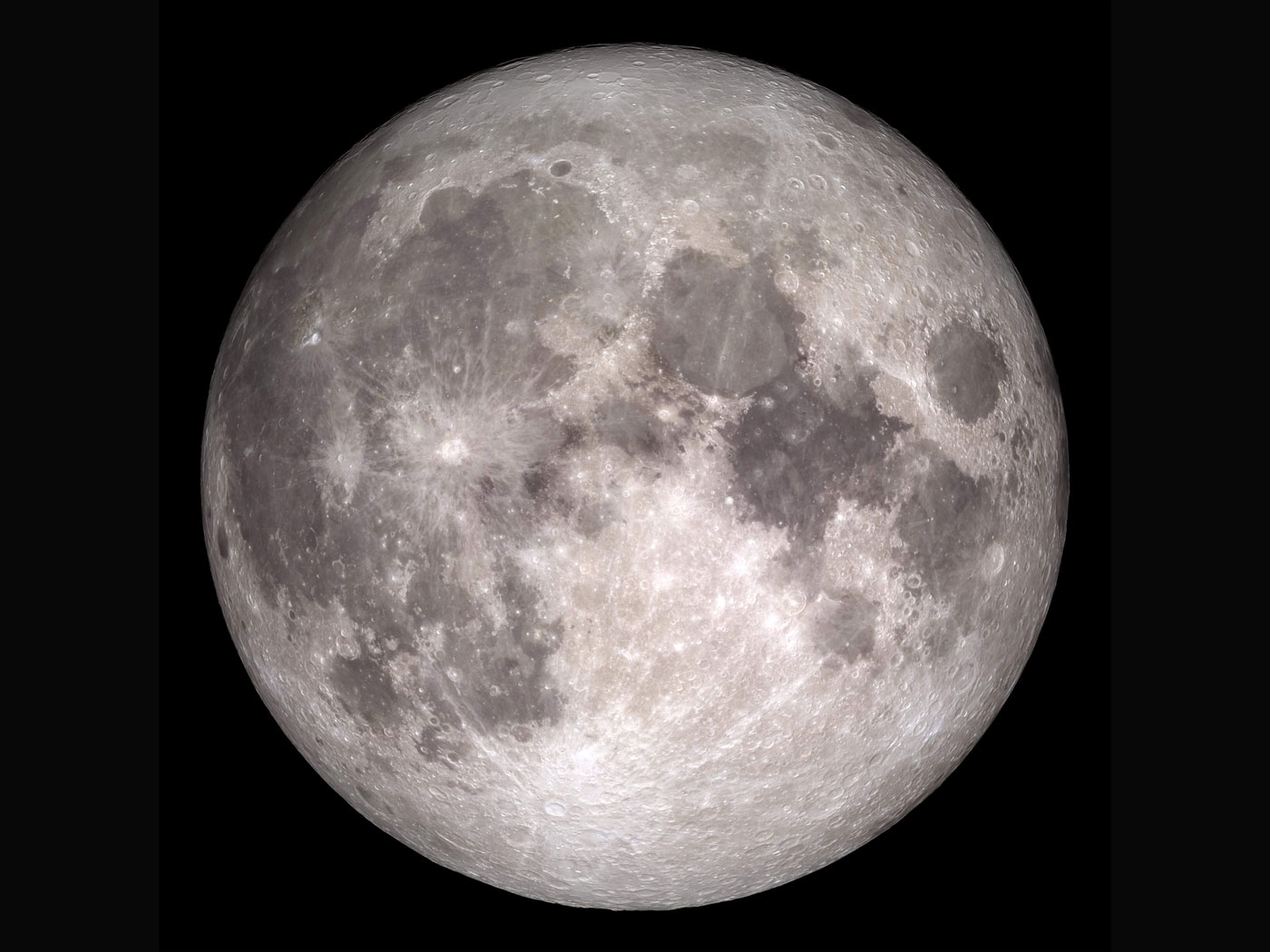A recent New York Times online editorial titled “The Cons of Creationism”1 is a typical example of the way the secular media routinely mischaracterize creation science. Let us critique the editorial’s claims, one item at a time.
[Creationists] believe that students who are taught a creationist view of biology—or who are taught to disregard the Darwinist view—are not being disadvantaged.
So creationists believe that it is best to teach students to be ignorant about Darwinian biology? Actually, for decades informed creationists have advocated a two-model approach,2 where students are taught the pros and cons of both views and then permitted to evaluate the situation for themselves.
[Teaching] the “strengths and weaknesses” of evolution…is code for teaching creationism.
We beg the reader to consider that teaching the strengths and weaknesses of evolution is actually code for “teaching the strengths and weaknesses of evolution.” The idea that creationists are being subversive is without merit, a mere smear. It is likely that the author has not bothered to consider that there actually are weaknesses to evolution.3
The trouble is, a creationist system of science is not science at all. It is faith. All science is “naturalist” to the extent that it tries to understand the laws of nature and the character of the universe on their own terms, without reference to a divine creator.
What is “a creationist system of science”? The author seems to think that creationists invoke God to explain every empirical phenomenon. That may be animism, but it is certainly not creationism.
Adequate clarity on these important issues requires more precise definitions. We must distinguish between historical science and empirical science. Both creation scientists and evolutionary scientists practice the same kind of empirical science—observing the repeatable. Just like creation scientists, Darwinists typically use naturalistic interpretations to explain the operation of observable and repeatable phenomena. However, Darwinists mistakenly, and by faith, presume exclusively naturalistic causes to explain the origin of phenomena. There are no “gods” causing light to refract or masses to gravitate, but that does not mean that there was no God responsible for the origin of lights and masses!
The New York Times editorial ends with “The religious faith underlying creationism has a place, in church and social studies courses. Science belongs in science classrooms.” Of course science belongs in science classrooms—that is our point! The religion of evolutionary atheism does not belong, nor does evolutionary history or methodological naturalism philosophy.4
References
- The Cons of Creationism. The New York Times. Posted online and accessed June 7, 2008.
- Bliss, R. 1978. A Comparison of Students Studying the Origin of Life from a Two-Model Approach vs. Those Studying from a Single-Model Approach. Acts & Facts. 7 (6).
- Morris, H. 2000. The Scientific Case against Evolution: A Summary Part 1. Acts & Facts. 29 (12); and 2001. The Scientific Case against Evolution: A Summary Part 2. Acts & Facts. 30 (1).
- This philosophy is a kind of “hyper-naturalism” that excludes by definition any supernatural cause for origins. We agree that the operation of phenomena should be described in "natural" terms, but it is error to insist, given a theistic worldview, that the origin of phenomena be described only within the limits of nature.
* Mr. Thomas is Science Writer.
Article posted on June 13, 2008.






















